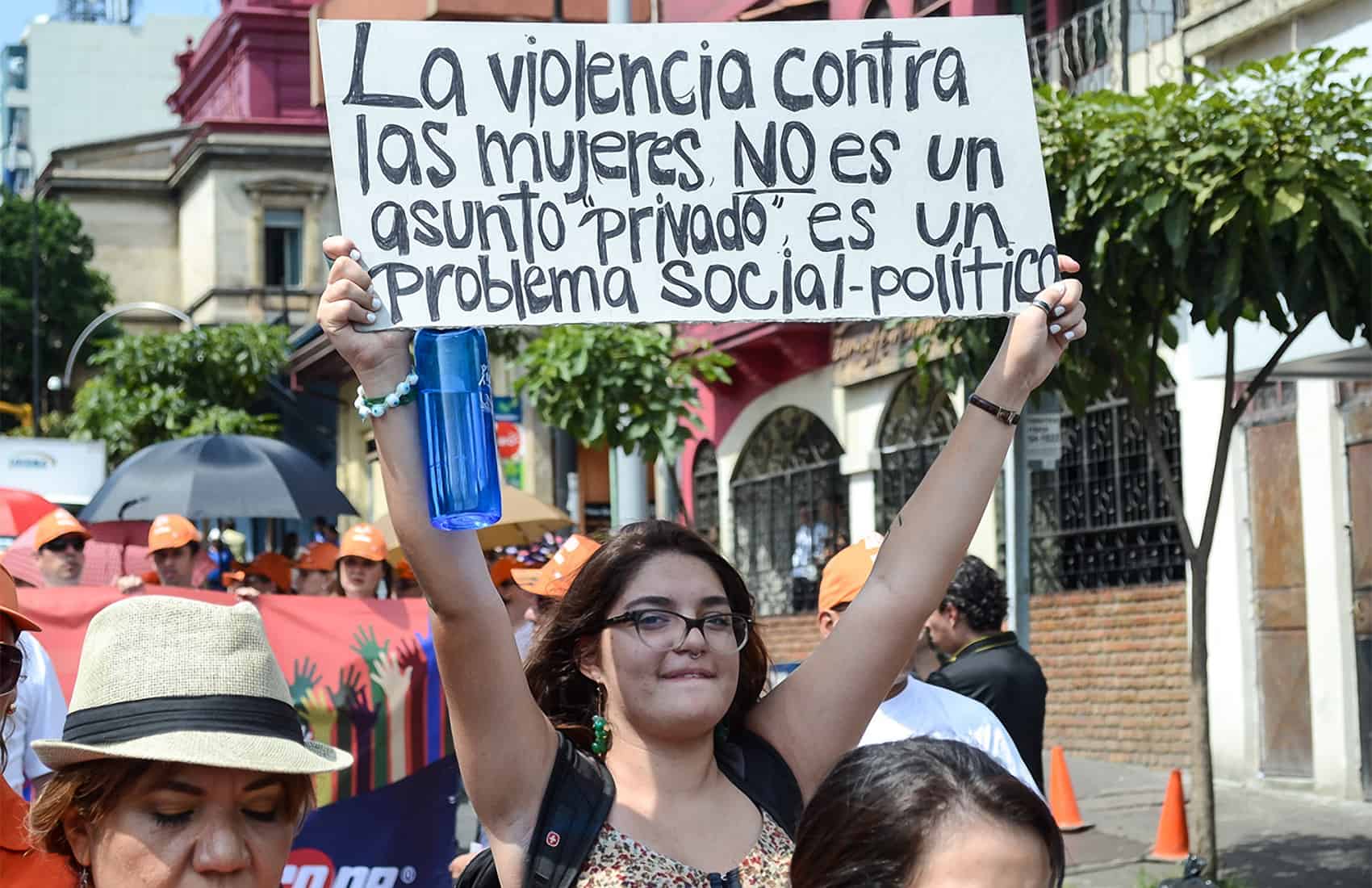The number of domestic violence victims treated at public hospitals of the Social Security System, or Caja, has increased by one-third over the last three years, according to a report released this week.
The number of cases rose from 9,823 in 2013 to 13,036 in 2015, or 33 percent.
This means the rate of domestic violence rose from 20.8 cases per 10,000 inhabitants in 2013 to 27.3 last year, Caja reported.
Caja epidemiologist Leandra Abarca said these figures show the need for greater efforts to address such violence. “We’re not detecting the problem in its early stages but rather when the victims come for help at our hospitals,” she said.
The report categorized domestic violence into four types: physical, sexual, psychological and neglect.
The highest percentage of domestic violence patients seen at Caja hospitals last year were victims of physical abuse — 25 percent.
Overall, a small majority of domestic violence patients were women, accounting for 52 percent of all cases. Of these, most victims were adolescents and adults between ages 20 and 39.
Of the male patients, most were children and adolescents under 19.
The most common forms of violence among all adolescents, girls and boys, were sexual abuse and neglect.
Geographically, the highest rates of domestic violence were seen in rural areas. The Puntarenas canton of Quepos topped the list with 101 domestic violence cases per 10,000 inhabitants. Turrubares in San José province was second with 98 cases per 10,000 inhabitants, followed by Los Chiles in Alajuela and the Cartago cantons of Jiménez and El Guarco.
According to the World Health Organization (WHO), violence is among the leading causes of illness and death worldwide. Some 1.4 million people die each year from violence, according to the WHO, and violence also leaves many with physical, sexual, reproductive and mental consequences.
Violence also contributes to cancer, heart disease, stroke and HIV/AIDS, as victims often try to cope with their traumatic experiences by adopting risky behaviors such as using tobacco, alcohol and drugs, as well as engaging in unsafe sex. “In this regard too, violence can be a driver of early death and lifelong ill health,” WHO noted in a 2014 report.
The long-term effects of violence go beyond physical harm, causing depression, anxiety and other mental health disorders, the organization noted.






